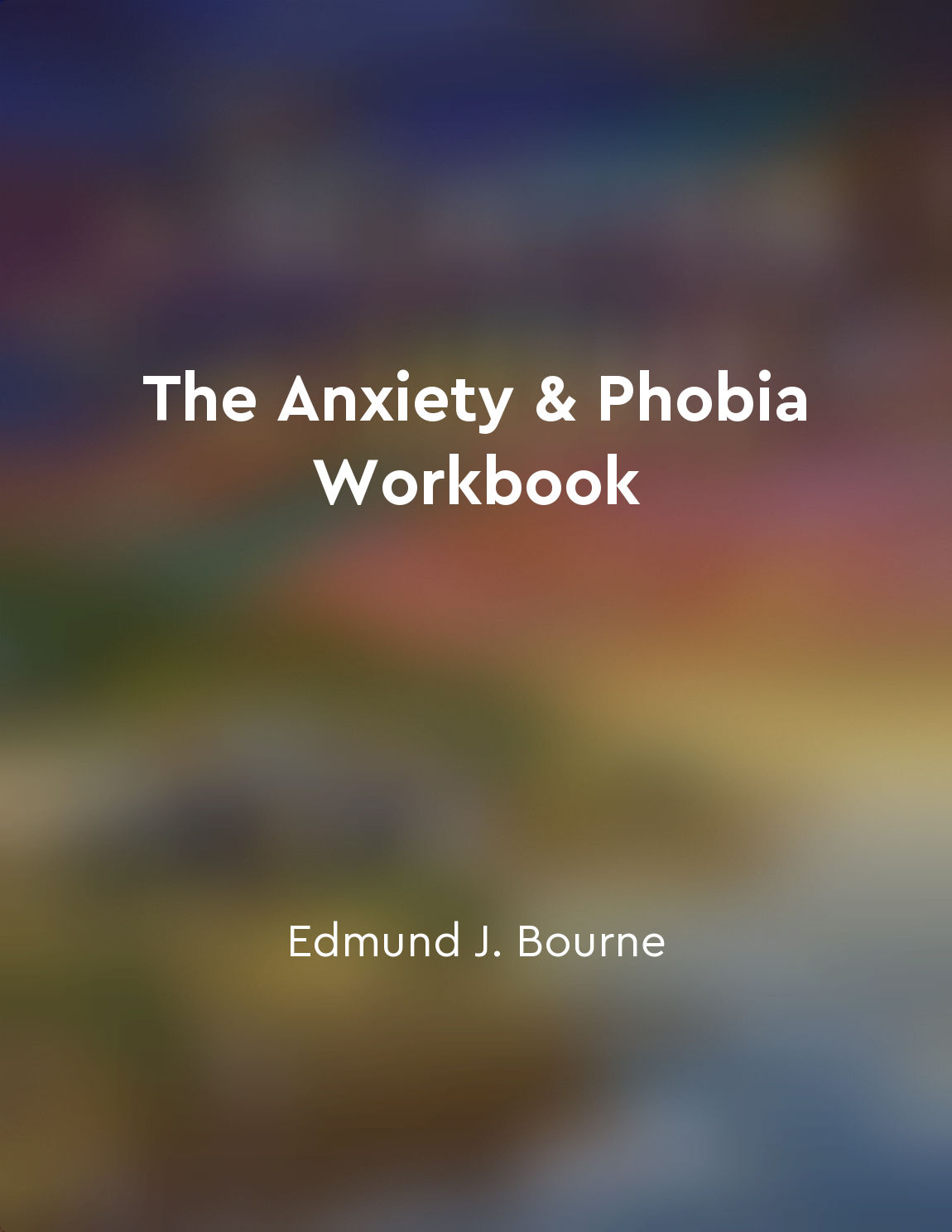Audio available in app
Brain craves certainty from "summary" of Your Brain at Work by David Rock
The brain craves certainty. It is a fundamental principle of neuroscience. When faced with uncertainty, the brain perceives it as a potential threat, triggering a stress response. This is because uncertainty requires more mental energy to process and evaluate, which can be draining for the brain. In an effort to conserve energy, the brain seeks out certainty and predictability in order to feel safe and in control. The brain is wired to seek out patterns and make predictions based on past experiences. When these predictions are accurate, the brain rewards itself with a dose of dopamine, a feel-good neurotransmitter. This reinforces the brain's preference for certainty and encourages it to continue seeking out predictable outcomes. When faced with uncertainty, the brain goes into overdrive trying to make sense of the situation and come up with a solution. This can lead to cognitive overload, where the brain becomes overwhelmed with too much information to process. As a result, decision-making becomes difficult, and the brain may resort to heuristic shortcuts to cope with the uncertainty. In today's fast-paced world, uncertainty is a common occurrence. Whether it's a new project at work, a challenging relationship, or an unexpected event, we are constantly bombarded with situations that challenge our sense of certainty. Learning to manage uncertainty is crucial for maintaining mental well-being and cognitive performance. By understanding the brain's natural inclination towards certainty, we can take steps to reduce uncertainty in our lives. This can be done by creating routines, setting clear goals, and breaking tasks down into manageable steps. By providing the brain with a sense of structure and predictability, we can help reduce stress and improve cognitive functioning.- The brain craves certainty as a way to conserve energy and feel safe. By recognizing this fundamental principle of neuroscience, we can take steps to manage uncertainty and improve our mental well-being.
Similar Posts

Selfcare practices are essential for managing anxiety and phobias
Self-care practices play a crucial role in managing anxiety and phobias. These practices help individuals take control of their...
Nurturing relationships with others enhances happiness
Developing and maintaining deep, meaningful connections with others is a fundamental aspect of human happiness. When we engage ...
Develop mindfulness skills to build emotional resilience
Mindfulness is a powerful skill that can help us deal with difficult emotions and build emotional resilience. By being present ...
Cultivate gratitude for what is
One of the key teachings in the path of Zen is the importance of cultivating gratitude for what is. This concept may seem simpl...

Embrace feedback as a learning opportunity
Feedback is a gift, even when it comes wrapped in critical language. It is a chance to learn and grow, to see ourselves through...
Focus on what you can control
When we focus on what we can control, we shift our attention away from the things that are outside of our influence. This shift...

Accept your flaws and mistakes
The idea of acknowledging our imperfections is a common theme in personal development literature. It's a simple concept, really...
Cognitive dissonance can prevent us from acknowledging our mistakes
In the face of cognitive dissonance, our minds have a tendency to protect our self-image by rationalizing our actions and denyi...
Your beliefs affect your reality
The beliefs you hold about yourself, others, and the world shape the reality you experience. If you believe you are unworthy of...

Facing our fears headon is liberating and clarifying
When we confront our fears head-on, something remarkable happens. It's as if a weight has been lifted off our shoulders, and su...


